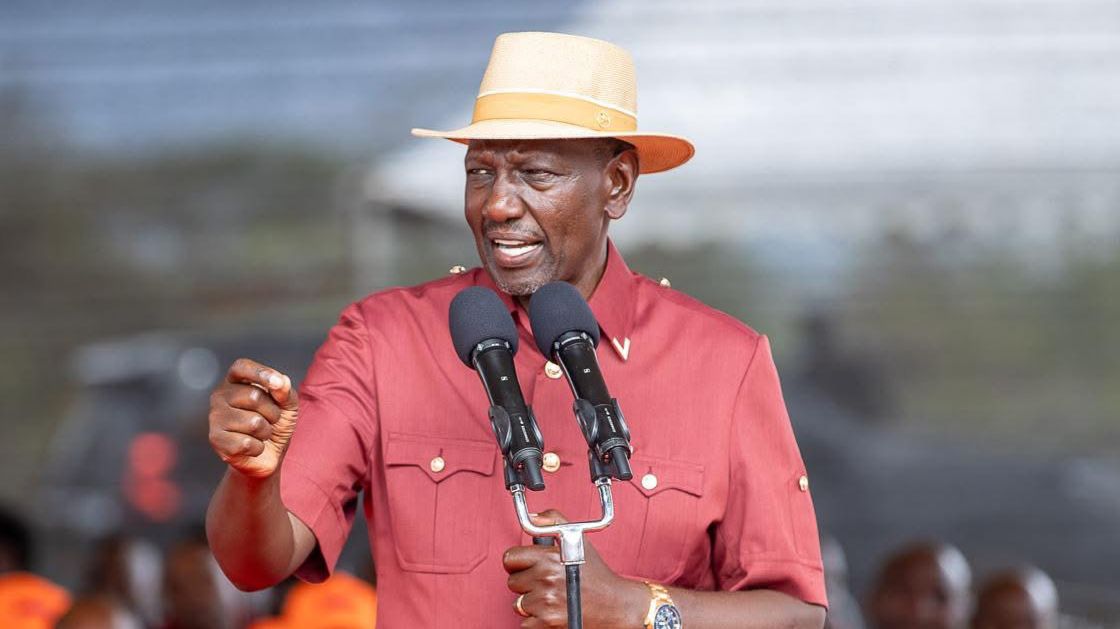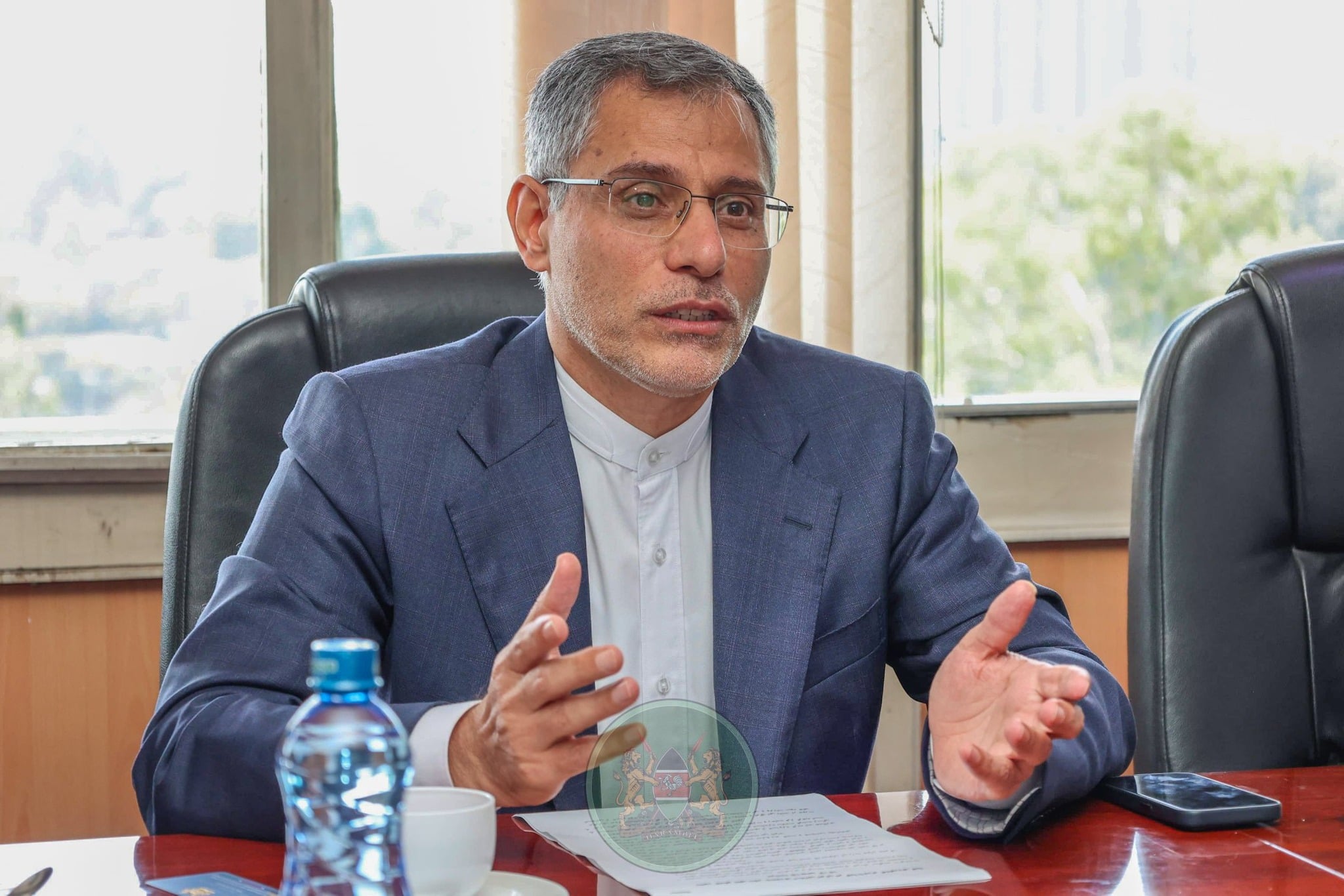The UK government has issued a stern warning to Kenyans seeking to travel to Britain, cautioning them against falling victim to visa fraud and scam operations that guarantee successful applications.
Through a statement by the British High Commission in Kenya on Monday, the UK government emphasized that visas are never guaranteed and urged applicants to be vigilant against fraudsters who promise to secure visas through email, phone calls, or text messages.
"WARNING: UK visas are never guaranteed! No one can guarantee you a UK visa or ETA. If someone contacts you claiming they can, by email, phone, or text, it's a SCAM," the High Commission posted.
According to the UK website, criminals employ various sophisticated methods to deceive visa applicants, often using convincing language and official-sounding documents.
These fraudsters may present fake job offer letters that appear authentic or even possess personal details about their targets, such as names, addresses, or information about pending visa applications. Their primary objective is to extract money or obtain sensitive personal information from unsuspecting victims.
Read More
One of the most prevalent scams involves websites advertising non-existent employment opportunities in the UK. These fraudulent platforms entice applicants with promises of jobs, then inform them they've been successful and must now pay visa and other related fees.
The UK government has clarified that this is not how the legitimate visa system operates. Genuine employers would never request payment to secure a visa; instead, they would direct applicants to the official UK government website to submit a proper application through the correct channels.

Scammers often pose as officers from the Home Office or Visa Application Centres, sometimes visiting people's homes to demand money for processing visa applications. In some instances, they contact individuals via phone, claiming there's a critical problem with their visa that requires immediate financial resolution.
The UK government has made it clear that legitimate visa officers will never contact applicants to request money in person, by email, or by phone calls.
Another common tactic targets applicants for UK work or study visas, with fraudsters asking for deposits as supposed proof that applicants have sufficient funds to support themselves in Britain.
The UK government has also warned about fake websites designed to mimic official government platforms. Applicants have been reminded that authentic UK government websites always end with '.gov.uk' in their web address.
The authorities have cautioned that sometimes the email address displayed on a fake website or email appears legitimate, but clicking it creates an email that will be sent to a different, fraudulent address. Applicants should always verify the actual address on any email they're sending.
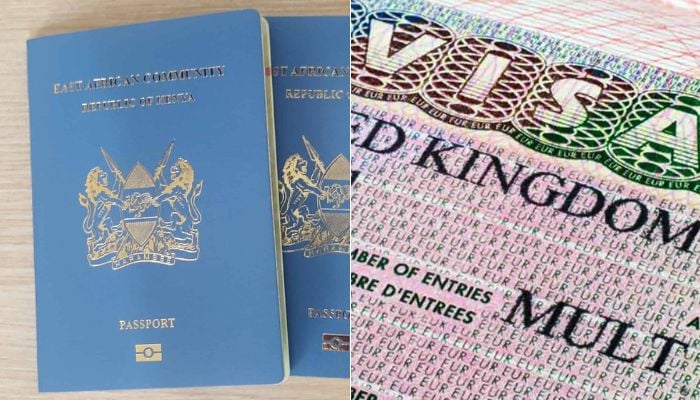
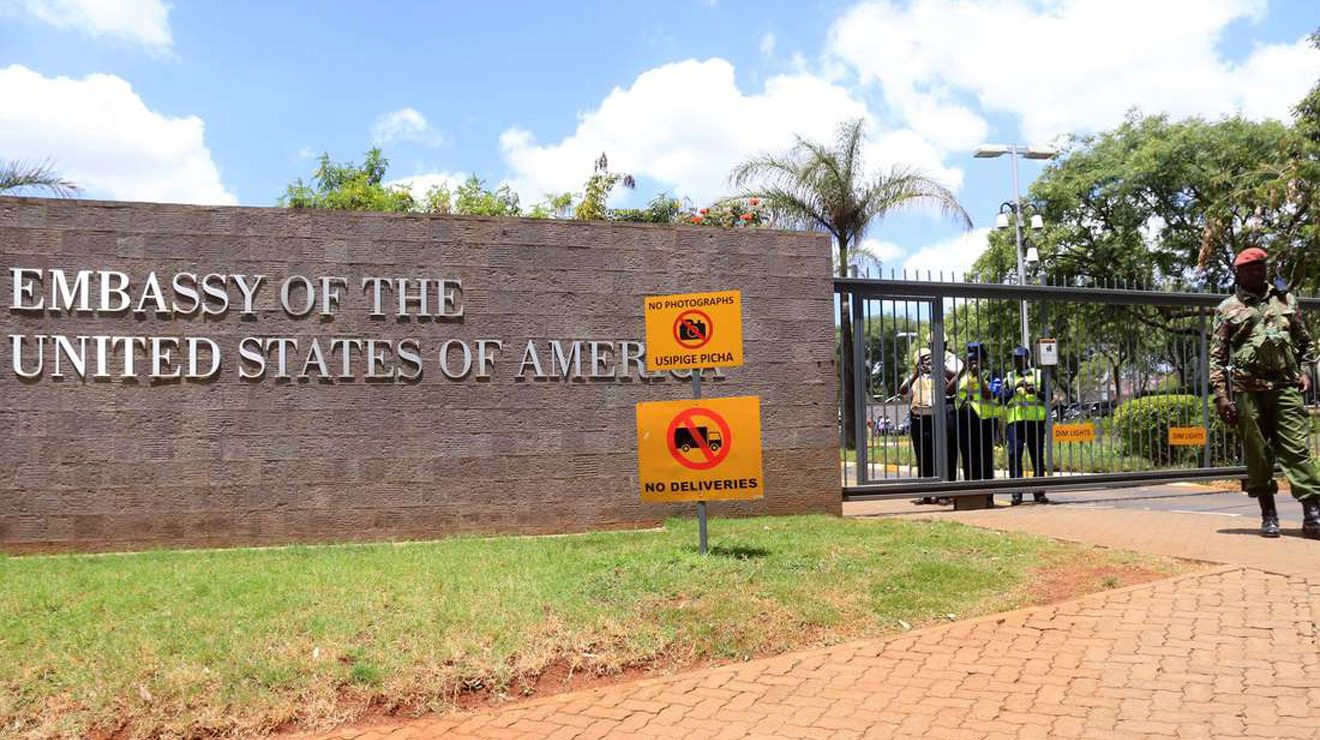

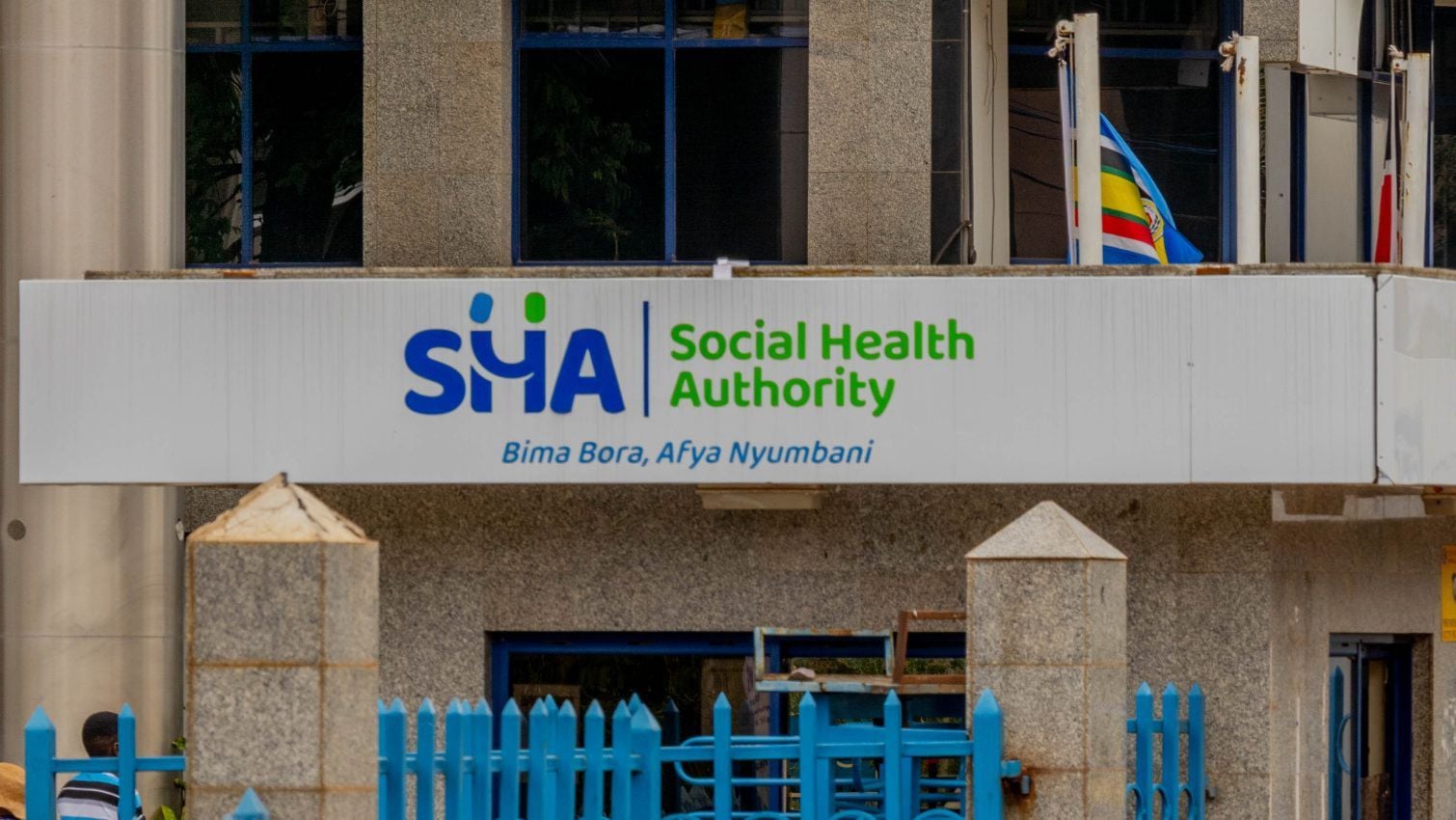
-1772447580.jpg)
